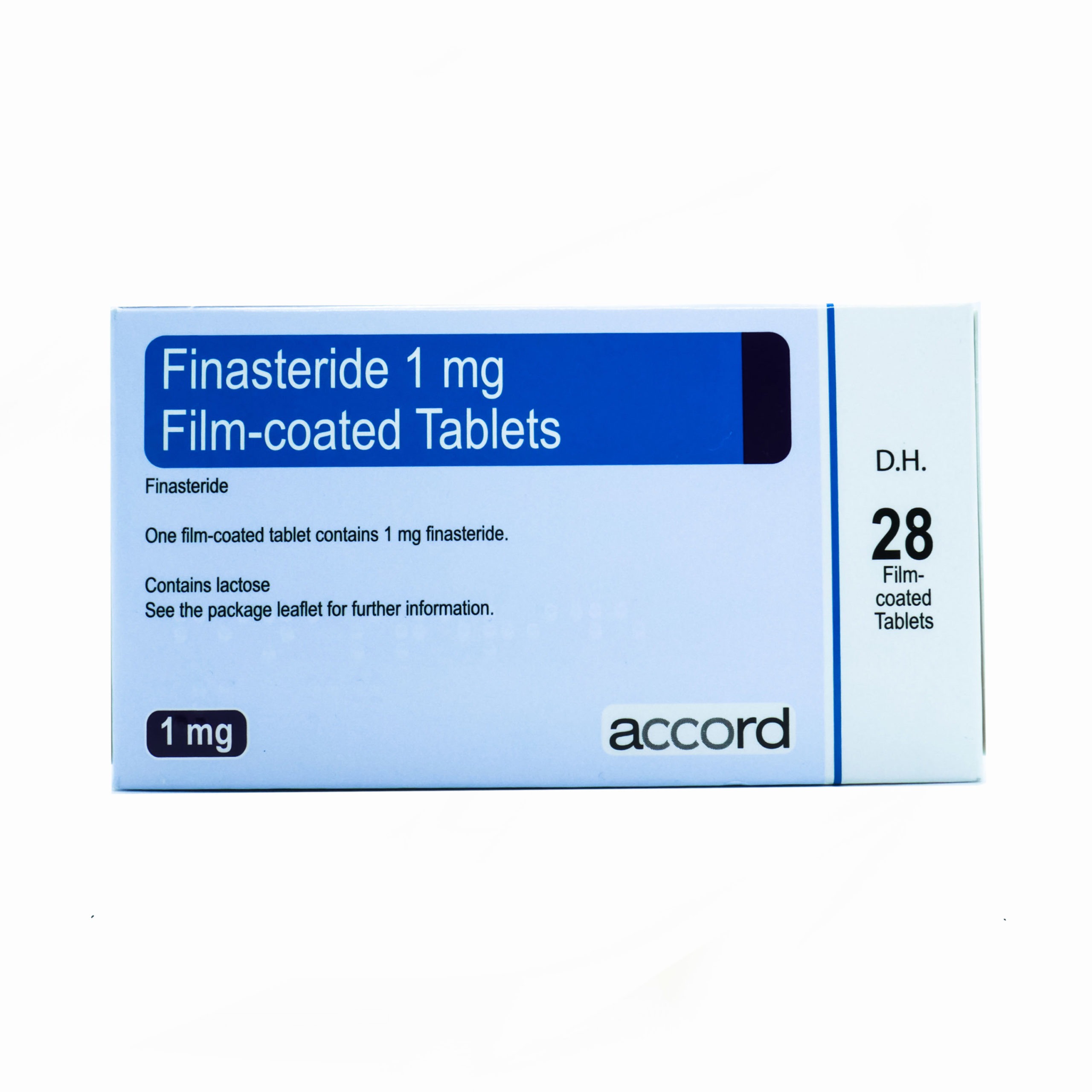Find a Condition to Treat
Or scroll down to browse through all conditions
Hair Loss
Hair follicles on the head convert the hormone, testosterone, into a different form of testosterone called dihydrotestosterone (DHT). It’s believed that the gene for male pattern baldness causes the follicles to become sensitive to DHT and start to shrink. Eventually, the follicle stops working and no hairs will grow from it.
Please wait while related products are loading
Weight Loss
Weight loss refers to the reduction of body weight, typically through a combination of diet, exercise, and lifestyle modifications. It is often pursued for health reasons, such as reducing the risk of chronic diseases like diabetes, heart disease, and certain cancers, as well as improving overall well-being and quality of life. Please complete a consultation before selecting your preferred medication



